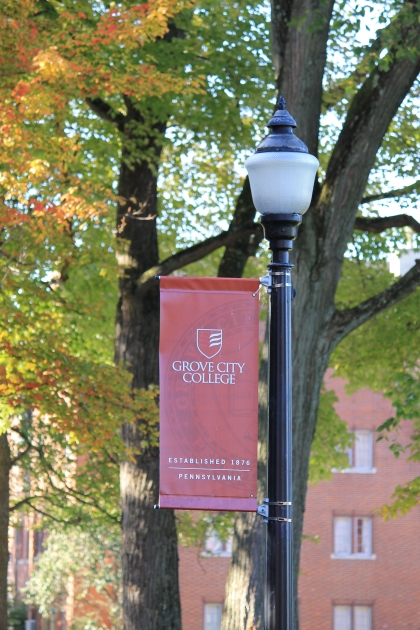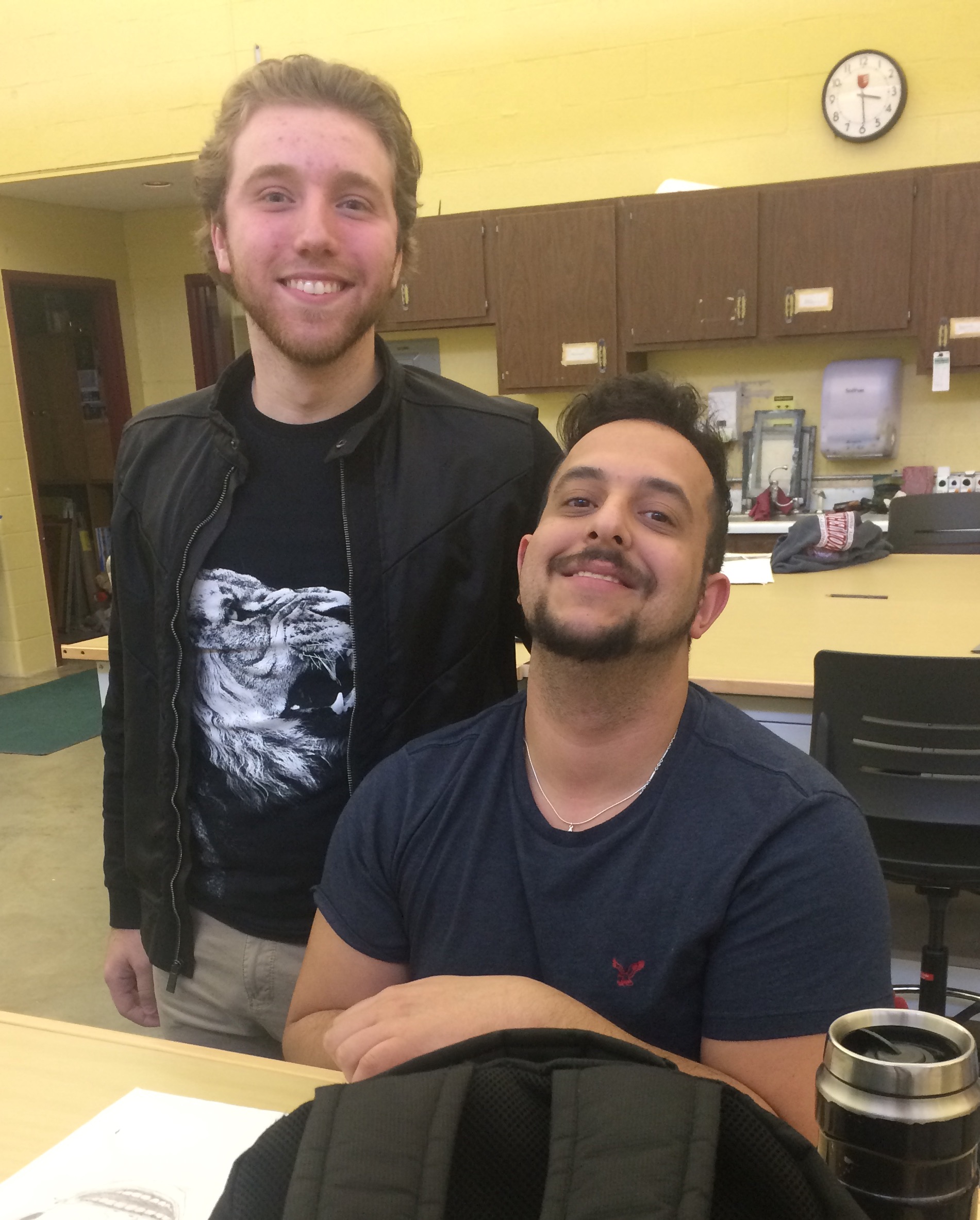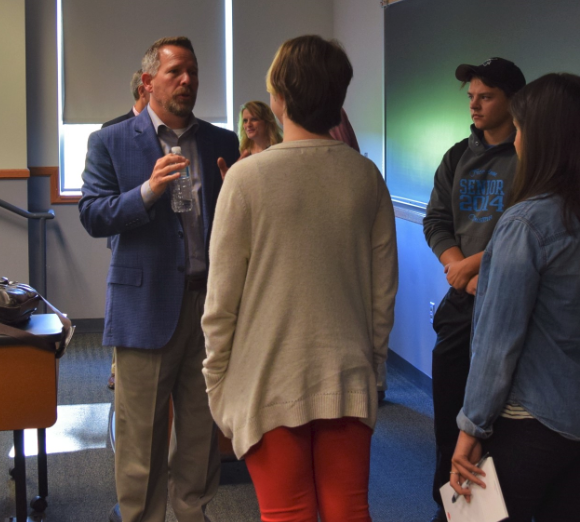10 Reasons I am Grateful to be a Grover

1. I have a new home-away-from-home, and it’s beautiful! Seriously, have you seen this campus? If you have not, you need to! Here are a few pictures to hold you over until you can come visit us. 2. So many amazing people have been Grovers. All it takes to be impressed by past Grovers is a quick perusal of the […]
Read more



